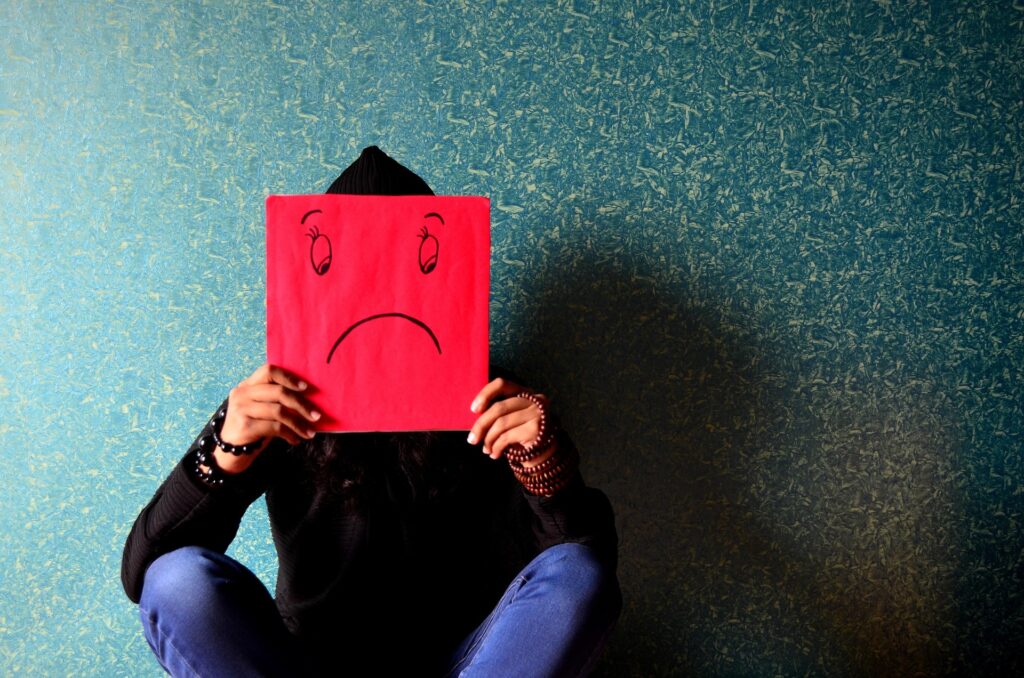
According to mental health expert, Ms. Shibero Akatsa, the capacity to think, act and
process emotion in a rational manner is diminished among young people, especially
when exposed to unbearable pressure, stress, drugs and alcohol.
She said children in this state of mind are more likely to commit suicide and advices
caregivers to look beyond common forms of mental illness like schizophrenia and
bipolar when trying to understand why more and more young people are committing
suicide. She cautions against treating them with antidepressants and other mood-
altering drugs when diagnosed with depression because of their adverse side effects.
She said children in this state of mind are more likely to commit suicide and advices
caregivers to look beyond common forms of mental illness.
“Instead, try talk therapy, one-on-one or group therapy before putting your children on
medication or sending them to an institution,” she says.
Shibero, a certified clinical psychotherapist specialising in psychosocial depression, or
lifestyle-induced depression, knows from her experience helping children and teenagers
overcome depression that many problems driving teens to suicide can be avoided by
creating an environment conducive for both physical and mental wellbeing and resolved
simply by talking.
“Children who face intense bullying at school or even online, are desperate to get away
from the situation. They may ask to be removed from one school to another but when
parents fail to take the threat seriously, a child may commit suicide, reasoning it is the
easiest way out”
Open communication between parents and teenagers, Shibero confirms, goes a long
way in affirming, guiding and assuring children that they are loved, valued and wanted.
She added that parents and caregivers can keep off the triggers that prompt children to
contemplate suicide by offering tough love.
“Asked to choose between spending quality time with their parents and lots of money
and material things, children will always choose the latter,” Shibero, mother to a
teenage daughter, says, adding, “affirming, guiding and re-assuring children that they
are loved, valued and wanted is important.”
“Some parents tend to compensate for their absence with money and material things –
experience has shown that this is a recipe for disaster.”
“I know of cases of children from affluent homes that have committed suicide – many
had difficulties learning, while others struggled to adjust and interact with their peers.”
These problems can be traced from a home environment where parents are not
attentive enough and where parents in difficult relationships fail to shield their children
from things that they cannot process or cope with, such as family breakups, violent
death of a parent or sibling and unconventional relationships between parents.
What then can we do to reduce cases of suicide among our children?
According to WHO, improved surveillance and monitoring of suicide attempts and self-
harm is key to suicide prevention and recommends the setting of a public health
surveillance system. If you are a parent, these eleven guidelines could come in handy.
- Keep communication lines open.
- Listen carefully.
- Ease pressure off your children.
- Don’t talk down to your children, offer suggestions instead.
- Correct them with love and respect.
- Affirm them with your words and actions.
- Let them know you trust them.
- Create a safe environment at home where they are free to express themselves.
- Know your child well enough to know when their behaviour is unusual.
- Take drastic behaviour change seriously.
- Talk to them. Seek professional help if talking fails.

